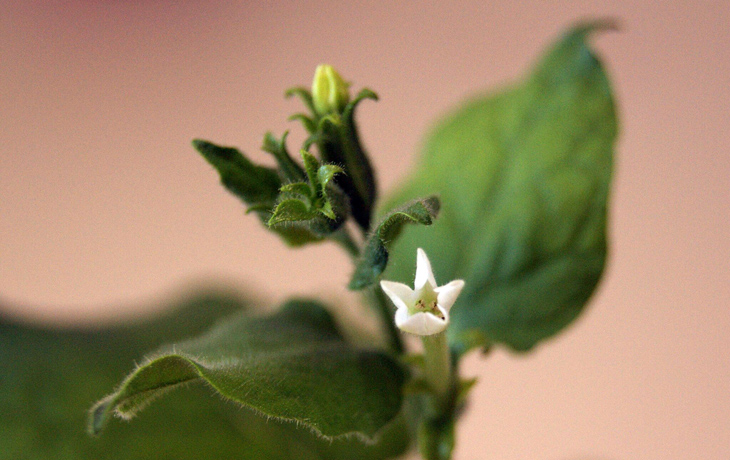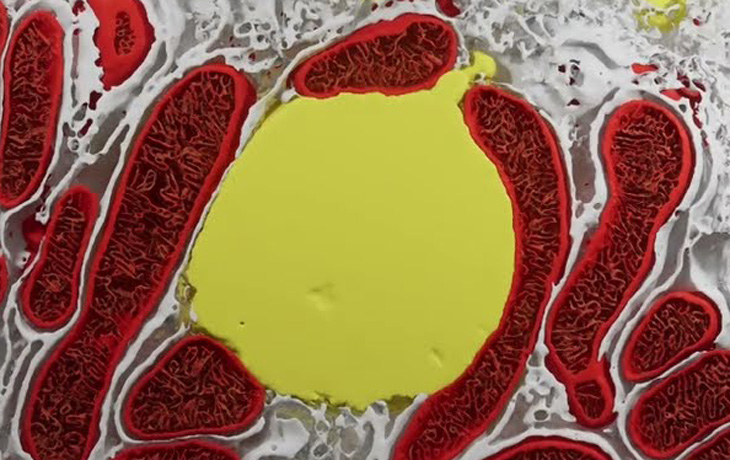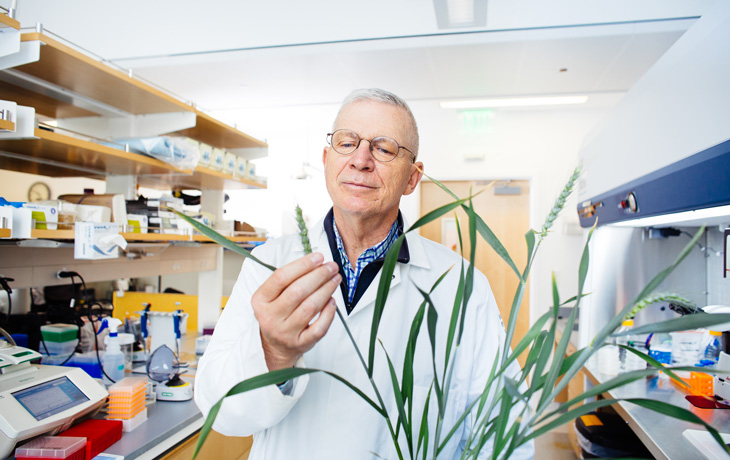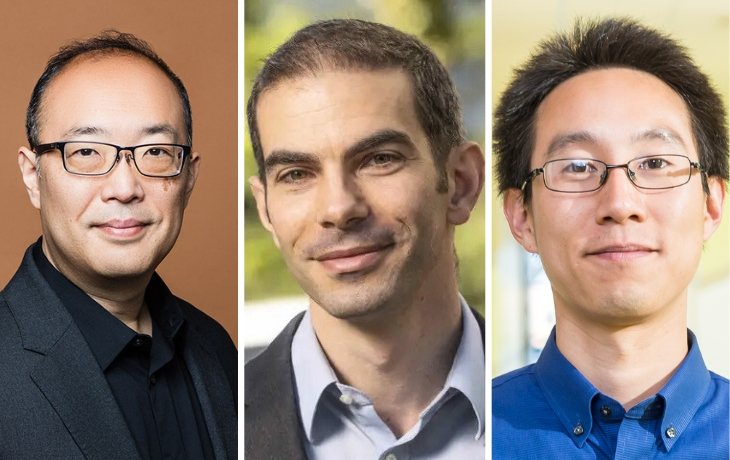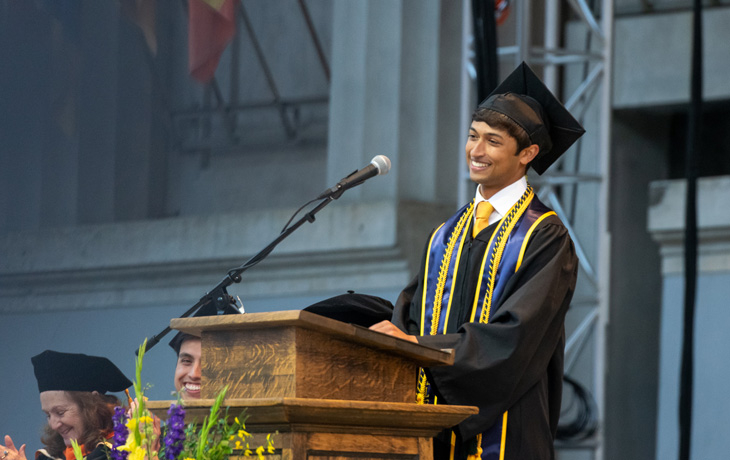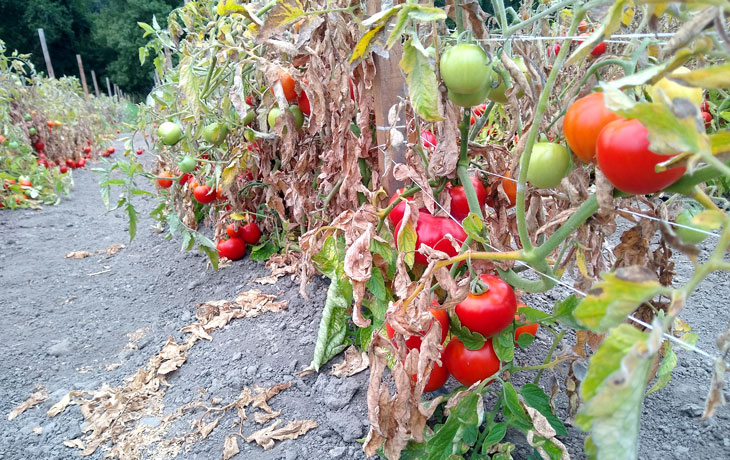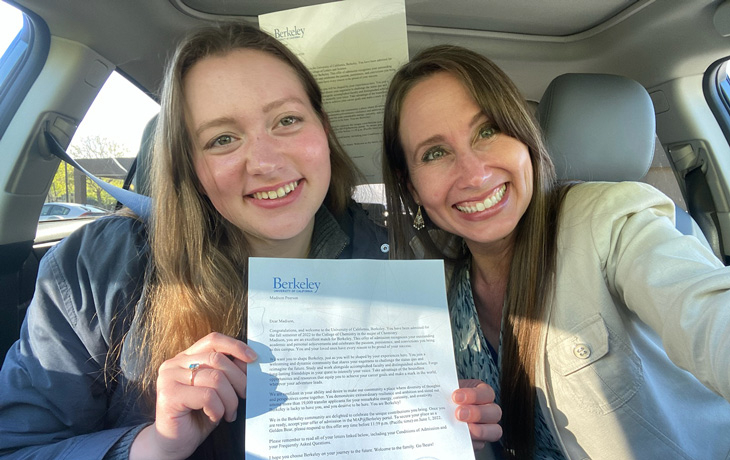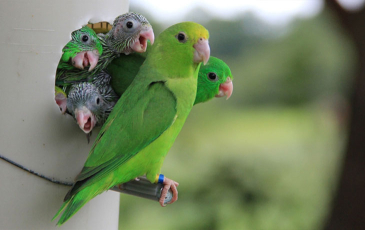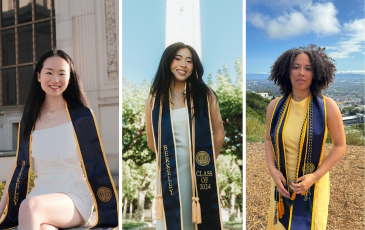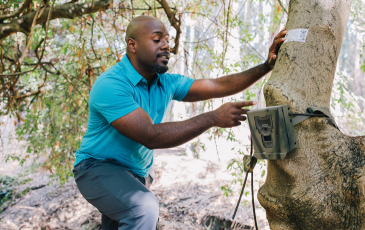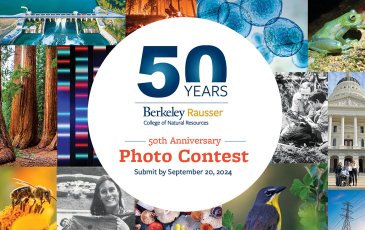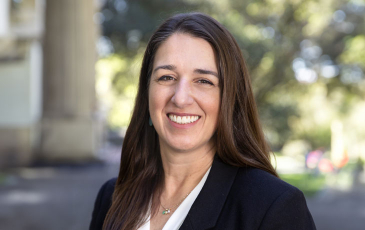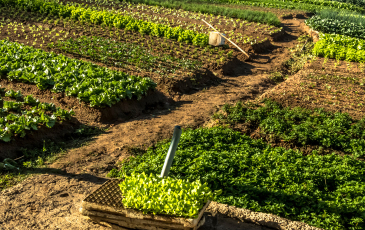A study led by ESPM and ERG researchers finds that public wells in communities of color might be disproportionately contaminated with harmful "forever chemicals."
Can engineered plants help make baby formula as nutritious as breast milk?
New research from the lab of PMB professor Patrick Shih shows that plants may hold the secret to improving commercial infant formula.
Historical redlining linked to lower urban wildlife biodiversity in California
Historically redlined neighborhoods in four of California’s largest cities have significantly lower levels of native and non-native wildlife biodiversity compared to their greenlined counterparts.
PMB researchers use CRISPR/Cas9 to alter photosynthesis for the first time
A RIPE team led by PMB professor Krishna Niyogi and alum Dhruv Patel-Tupper, PhD '22, used CRISPR/Cas9 to increase gene expression in rice by changing its upstream regulatory DNA.
New insights into metabolic adaptation to nutritional changes
A new study by the lab of NST professor Ana Paula Arruda details how liver cells reorganize their internal membrane structures to adapt to changes in nutrient availability.
Q&A: Berkeley Food Institute at Ten
The Institute’s leadership—including its new Executive Director Jeanne Merrill—reflect on BFI’s impact and visions for the future.
Water in California’s streams is poorly monitored, impeding effective management
Berkeley researchers identify gaps in California’s stream monitoring network and propose efficient remedies to improve water management
Alejandra Echeverri named CIFAR Azrieli Global Scholar
The ESPM professor will receive two years of funding and research support for early career researchers from the Canadian Institute for Advanced Research.
A half-century of plant immunity breakthroughs
Professor Emerit Brian Staskawicz and co-authors break down the last half-century of breakthroughs in the study of plant immunity in the 50th-anniversary issue of Cell.
Three Rausser College faculty receive 2024 Spark Awards
Professors Daniel Nomura, Joseph Shapiro, and Patrick Shih will receive funding, resources, and mentorship for entrepreneurial success from the Bakar Fellows Program.
Student Spotlight: Abi Shiva
The Environmental Sciences and Legal Studies graduate served as the undergraduate speaker for the 2024 Rausser College Commencement held on May 13.
What dry farmed tomatoes can teach us about water scarcity
A new study led by postdoctoral researcher Yvonne Socolar, PhD '23 ESPM, examines the fungal communities in soil that help dry farm systems flourish.
Student Spotlight: Cheri Pearson
Pearson, a fourth-year Conservation and Resource Studies and English double major, speaks about attending UC Berkeley as a re-entry student and mother of Cal alumni.
Why parrots sometimes adopt — or kill — each other’s babies
Competition over love and real estate drives two extreme behaviors in green-rumped parrotlets, a new study co-authored by Professor Steve Beissinger finds.
Three seniors named winners of the 2024 Babcock Prize
Endowed as a tribute to longtime soil chemistry professor Kenneth Babcock, the prize recognizes high-achieving ESPM undergraduates.
Student Spotlight: Vitto Resnick
Resnick will achieve an extremely rare feat: graduating with four bachelor’s degrees in psychology, chemical biology, nutritional science–physiology and metabolism, and molecular and cell biology–neurobiology.
Christopher Schell named chapter lead author on National Nature Assessment
The ESPM professor and urban ecologist will lead the Nature and Equity chapter of the first-ever national assessment of lands, waters, wildlife, and ecosystems in the U.S.
Enter our 50th Anniversary Photo Contest
Help celebrate the 50th anniversary of Rausser College of Natural Resources by entering our 2024 photo contest!
Amanda Okamoto receives the Chancellor’s Outstanding Staff Award
Okamoto, department manager for the Energy and Resources Group, was recognized for her significant contributions to DEIBJ within the UC Berkeley community.
A win-win for people and the environment
A Science study co-authored by Kathryn De Master and Adrian Lu, PhD '20, found evidence that diversified farming practices maintain soil health and on-farm biodiversity while also increasing crop yields, food security, and human wellbeing.


